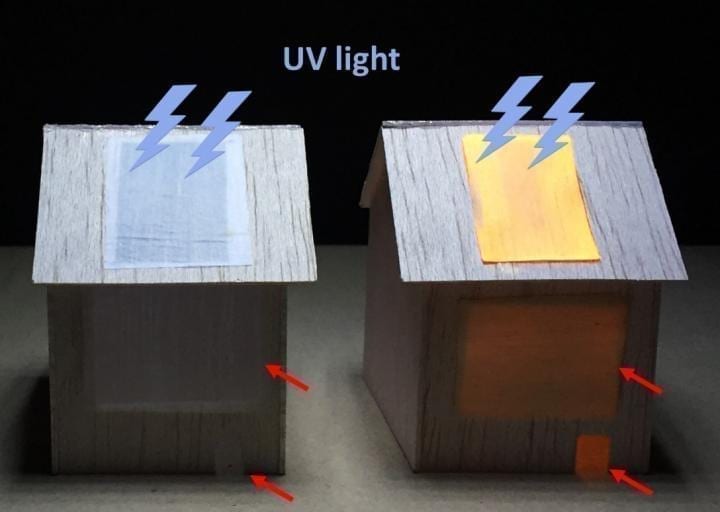- Image via Wikipedia
The financial crisis and subsequent global recession have led to much soul-searching among economists, the vast majority of whom never saw it coming. But were their assumptions and models wrong only because of minor errors or because today’s dominant economic thinking violates the laws of physics?
A small but growing group of academics believe the latter is true, and they are out to prove it. These thinkers say that the neoclassical mantra of constant economic growth is ignoring the world’s diminishing supply of energy at humanity’s peril, failing to take account of the principle of net energy return on investment. They hope that a set of theories they call “biophysical economics” will improve upon neoclassical theory, or even replace it altogether.
But even this nascent field finds itself divided, as evidenced by the vigorous and candid back-and-forth debate last week over where to go next. One camp says its models prove the world is headed toward a dramatic economic collapse as energy scarcity takes hold, while another camp believes there is still time to turn the ship around. Still, all biophysical economists see only very bleak prospects for the future of modern civilization, putting a whole new spin on the phrase “the dismal science.”
Last week, about 50 scholars in economics, ecology, engineering and other fields met at the State University of New York’s College of Environmental Science and Forestry for their second annual conference on biophysical economics. The new field shares features with ecological economics, a much more established discipline with conferences boasting hundreds of attendees, but the relatively smaller number of practitioners of biophysical economics believe theirs is a much more fundamental and truer form of economic reasoning.
“Real economics is the study of how people transform nature to meet their needs,” said Charles Hall, professor of systems ecology at SUNY-ESF and organizer of both gatherings in Syracuse. “Neoclassical economics is inconsistent with the laws of thermodynamics.”
Like Hall, many biophysical economic thinkers are trained in ecology and evolutionary biology, fields that do well at breaking down the natural world into a few fundamental laws and rules, just like physicists do. Though not all proponents of the new energy-centric academic study have been formally trained in economics, scholars coming in from other fields, especially ecology, say their skills allow them to see the global economy in a way that mainstream economists ignore.
Central to their argument is an understanding that the survival of all living creatures is limited by the concept of energy return on investment (EROI): that any living thing or living societies can survive only so long as they are capable of getting more net energy from any activity than they expend during the performance of that activity.
For instance, if a squirrel burns energy eating nuts, those nuts had better give the squirrel more energy back then it expended, or the squirrel will inevitably die. It is a rule that lies at the core of studying animal and plant behavior, and human society should be looked at no differently, as even technologically complex societies are still governed by EROI.
“The basic issue is very fundamental: Why should economics be a social science, because it’s about stuff?” Hall said.
‘Peak oil’ embraced
The modern biophysical economics movement may be relatively young, but the ideas at its roots are not.
Related articles by Zemanta
- Biophysical Economics: A Different View (mt-soft.com.ar)









